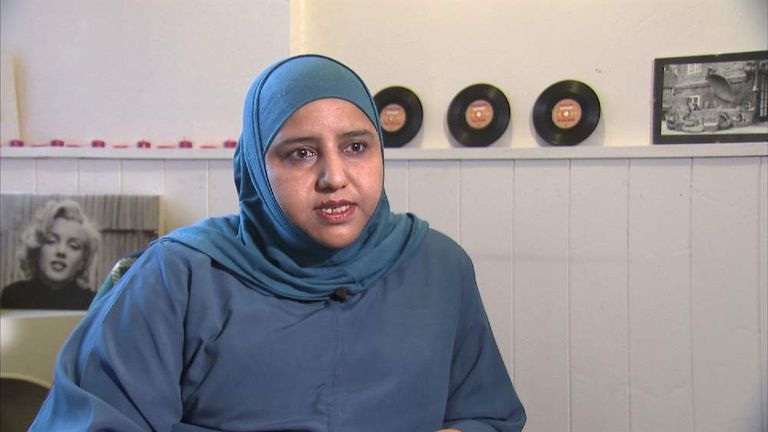Why Has Prevent Policy Been Branded 'Toxic'?
The Government says Prevent is crucial to detect early signs of radicalisation, but the number of people denouncing it is growing.
Monday 14 December 2015 01:08, UK
There's no question of the need for public authorities to take steps to counter extremism.
Since 2007, when Prevent was first introduced, there has been growing awareness of the problem of radicalisation within communities in the UK, and the need to step in and counter extreme narratives before they manifest in violence.
But there have been persistent problems in both the conception and execution of the strategies used in achieving prevention.
In July, the Counter Terrorism and Security Act imposed a new legal duty on public bodies - including schools and nurseries - to take steps to prevent people being drawn into extremism, schools have been scrambling to train staff to comply with the requirement.
Companies are cashing in on the sudden demand from schools and colleges to train staff on how to comply with the duty, offering online training modules and materials for pupils. Other schools are simply inviting Prevent officers in and asking them to address staff on how to detect and act on the warning signs.
One educational professional I spoke to described an hour-long training, in which police Prevent officers advised staff of various warning signs, including if pupils were travelling to countries in Asia, Africa the Middle East which have a reputation for breeding radicals, or were becoming more devout in their Muslim faith.
But the professional, who didn’t want to be named as he relies on the trust of both teachers and pupils, was concerned that that advice was not accompanied by any guidance on how to mitigate the risk of racial and religious profiling.
He contacted the local Prevent team about one child who made a remark, and was pressured into disclosing the child’s name and address, even though, in his words, the child had "done nothing wrong" and at that stage he simply wanted advice.
A leaflet circulated by Camden council which came to light earlier this month suggested "appearing angry about Government policies, especially foreign policies" or "showing mistrust towards mainstream media" were also potential warning signs of radicalisation, prompting protests from Muslims and others who argued that the Government was sanctioning the unacceptable policing of thoughts and ideas.
The Government says the Prevent strategy is crucial to detect early warning signs of radicalisation and keep Britain safe.
But the list of high profile figures denouncing Prevent as a "toxic brand" are growing, now including the chair of the Home Affairs Select Committee Keith Vaz, and retired senior judge Baroness Butler-Sloss, as well as numerous Muslim faith and community leaders.
Radicalisation of often vulnerable young people continues to pose a real and serious threat to national security.
But some of the most effective interventions have come from within those communities, from Muslims being vigilant and proactive in reaching young people before they slip away into the dark spaces of extremist propaganda.
And that, they argue, is as good as any other reason why their concerns should be listened to.





